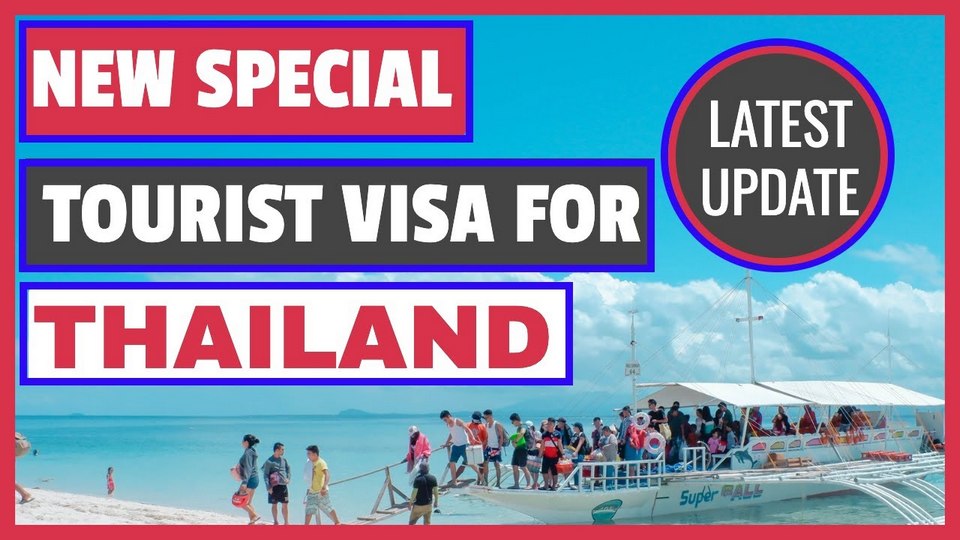
In what appears to be an almost daily update to Thailand’s complex immigration policy, the latest change applies to the largely-stillborn STV. This visa was introduced two months ago and permitted long stays of up to 270 days for snowbirds and other retirees who fancied spending the winter months in the Land of Smiles. But it was only available in countries with a very good history of combatting coronavirus. No initial and definitive list of countries was ever issued, but STV spokespersons mentioned China and parts of Scandinavia as favoured nations.
Now the Ministry of Foreign Affairs has announced that the STV may be applied for at Thai embassies worldwide, irrespective of the virus situation in a particular country. The safeguard, of course, is that all foreigners entering the country must quarantine for 14 days at a registered hotel. Other documentation required includes Covid-19 insurance to the value of US$100,000, proof of payment for quarantine hotel, evidence of itinerary and the usual health tests and certificates for fit-to-fly.

The STV also carries an additional requirement of comprehensive medical insurance of 400,000 baht (inpatient) and 40,000 (outpatient) treatment for non-virus related illnesses. These policies are easily obtainable from a group of Thai insurers, but are on a scale of difficult-to impossible for ageing applicants. Several companies do offer a medical examination for applicants well into old age, but failures are commonplace. Disqualification can even follow if you have lived longer than your parents. The requirement for non-Covid insurance is strange as it is not required for the 105 days (60+45) single entry tourist visa also announced this week. Moreover, 400,000 baht won’t cover the costs of significant invasive surgery for foreigners in this day and age.
Government spokesperson Rachada Dhnadirek says that the new STV is a U-turn to help the ailing tourist industry. Apparently, the initial response in November from low-risk Covid countries was disappointing with only 829 tourists participating together with six luxury yachts. The STV is initially for 90 days but can be extended twice at Thai immigration for a maximum of 270 (90+90+90). Two charter-flight Chinese tour groups are known to have entered by the STV route, but a promised Scandinavian venture apparently failed to materialize.
Whether the revamped STV will find new markets is far from clear. The recently-introduced 60 days tourist visa with a 45 days optional extension at immigration is also available from any country and is a lot less hassle to apply for. The disincentives for tourists to Thailand at present are fourfold: the overlapping of different visa options, the complexities of obtaining a certificate of entry from the Thai embassy in the country of intended departure, ad hoc announcements of changes from several government departments and, lastly, the elephant in the room known as compulsory 14 days quarantine. That may be essential in a pre-vaccine world, but it is mightily unpopular too.





